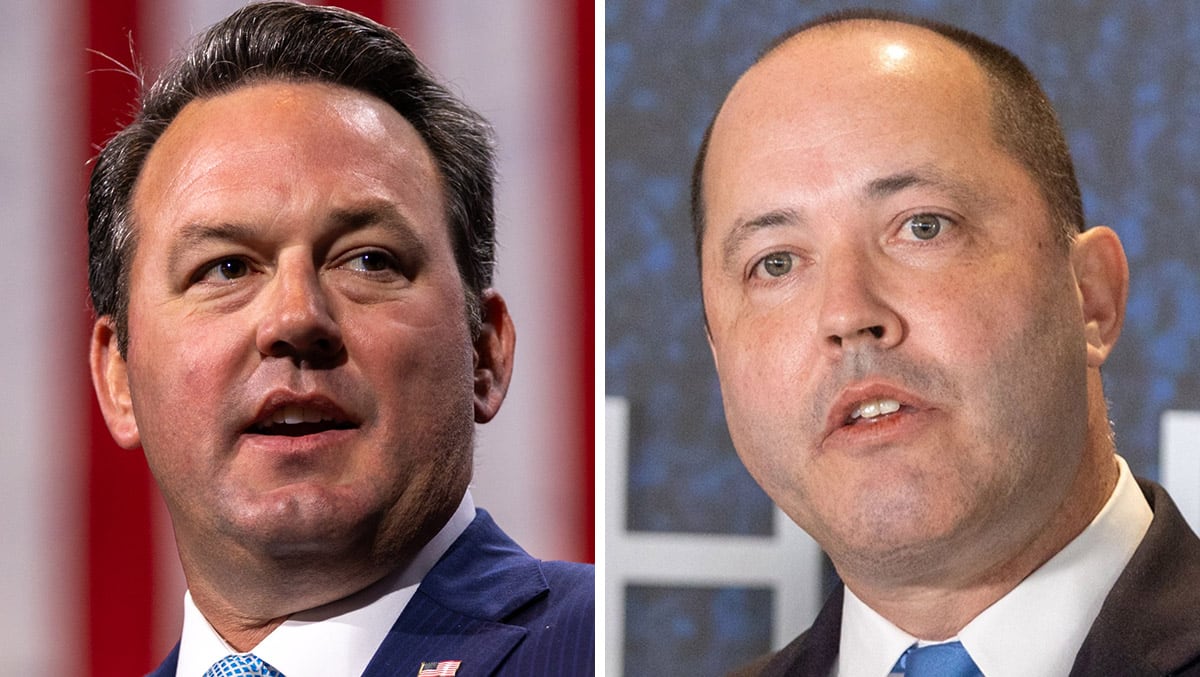Although Jones’ team did not immediately respond, it has previously written off legal allegations as political theater.
The fundraising law, which was supported by Governor Brian Kemp and approved by the Republican-controlled Legislature in 2021, is currently facing its most recent judicial challenge. It has fundamentally changed the way political campaigns are funded in a matter of years.
Even during the legislative session, when other state officials are prohibited from raising money, the legislation permits governors, lieutenant governors, party nominees for those positions, and legislative leaders to form leadership committees that are permitted to raise an unlimited amount of money. Carr and other statewide officials are not covered by the law.
As the current lieutenant governor, Jones brought $14 million to his leadership committee, which included a $10 million loan to himself, when he ran for governor in July. The loan has drawn harsh criticism from Carr’s campaign, which has described it as unethical and enigmatic. Carr’s recent complaint over its genesis was rejected by the state ethics committee.
The lawsuit is reminiscent of previous legal battles.
Both Democrat Stacey Abrams and Republican David Perdue sued Kemp in 2022, claiming that Kemp’s leadership committee unfairly favored him in the primary and general elections. Due to his support for both opponents, U.S. District Judge Mark Cohen temporarily barred Kemp from utilizing the committee until he received the GOP nomination.
Nevertheless, the statute went into force after the primary, and Kemp and Abrams raised around $100 million between their leadership committees in the 2022 cycle.
Earlier legal challenges to the legitimacy of leadership committees have failed. Cohen most recently turned down a challenge from the Green and Libertarian parties.
According to that lawsuit, the statute unfairly harms their parties and candidates by limiting next year’s fundraising to Republicans and Democrats. Last month, Cohen rejected the complaint, stating that the parties’ asserted harms were too hypothetical, partly due to the fact that no individual candidates or donors were mentioned as being at risk. That decision has been appealed by the parties.
The lawsuit filed by the Carr campaign wants a judge to designate an impartial monitor to supervise any future financial activities associated with the committee, prohibit Jones from using his leadership committee during the GOP primary, and stop him from repaying a $10 million loan with donor dollars.
According to Carr spokeswoman Julia Mazzone, leadership committees were never meant to be unchecked political campaigning machinery.
According to her, the court has already made a decision on this matter and the Constitution forbids exactly what is taking place here. We’re acting to maintain accountability and transparency norms.






